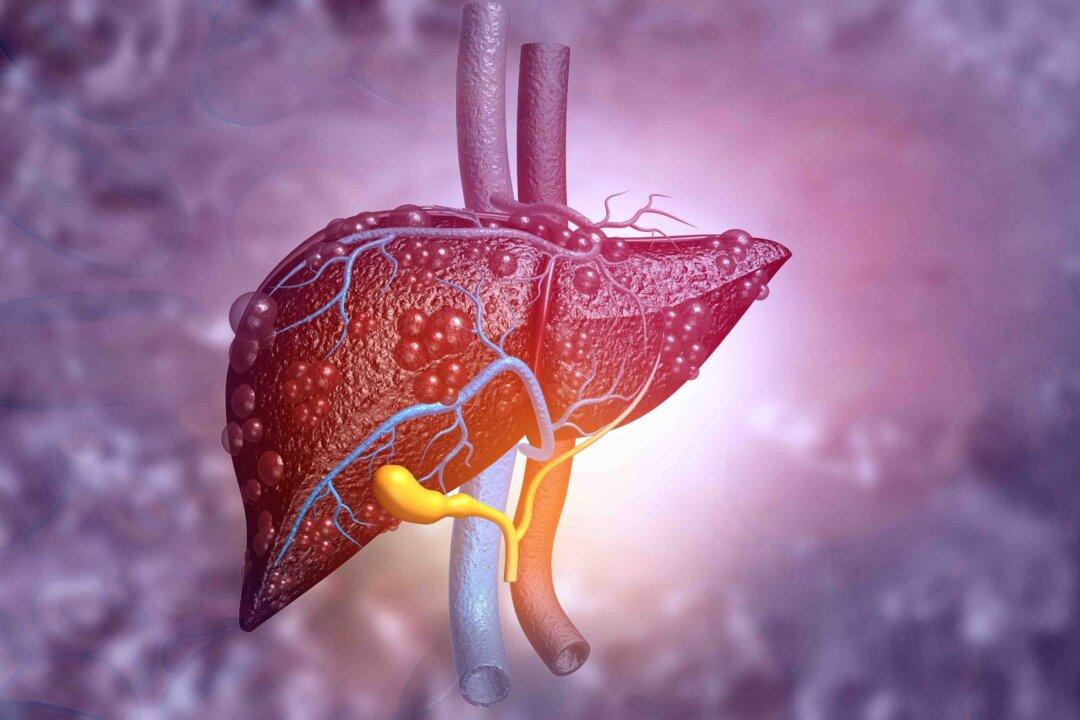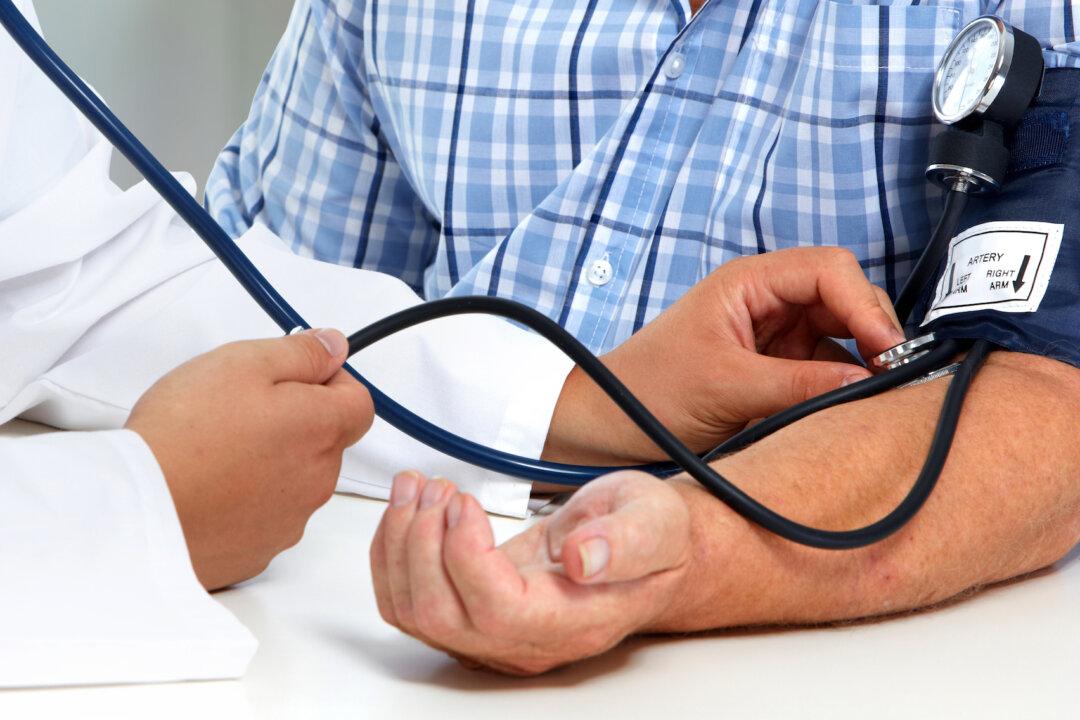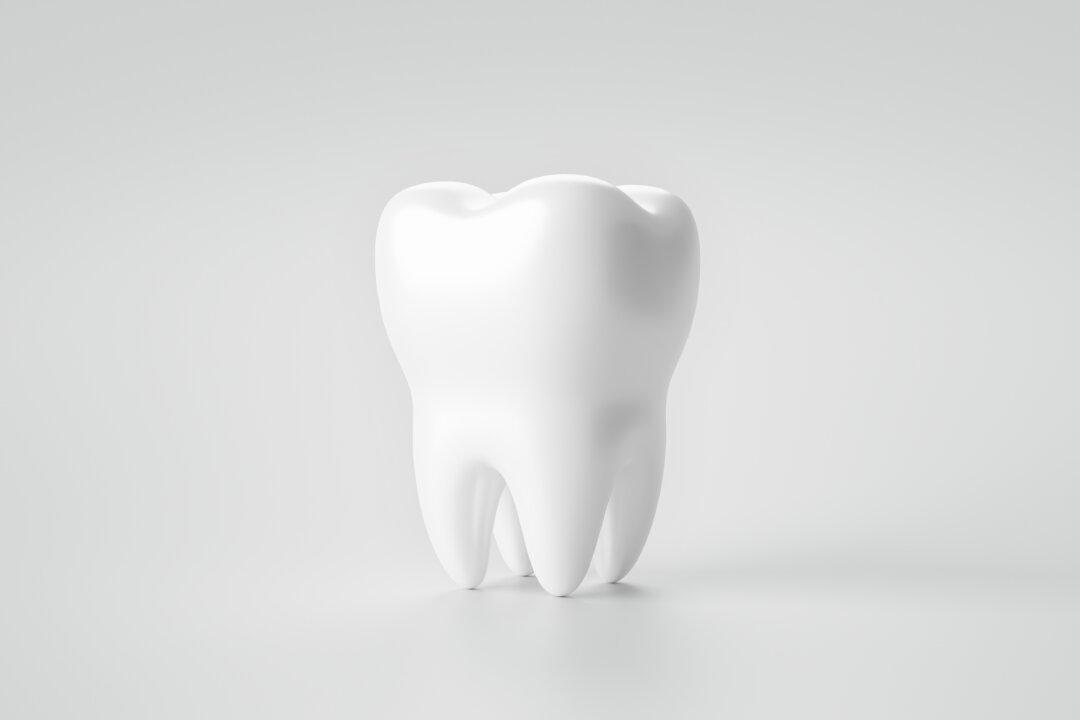In fact, studies have shown that exposure to excessive heat in older adults can significantly increase the risk of heart attack an. So, if you’re an older adult, it’s essential to take steps to protect yourself from the dangers of heat exposure.
Sarah has a diploma in Nutritional Therapy from Health Sciences Academy in London, England, and enjoys helping others by teaching healthy lifestyle changes through her personal consultations and with her regular contributions to the Doctors Health Press.
Author’s Selected Articles





